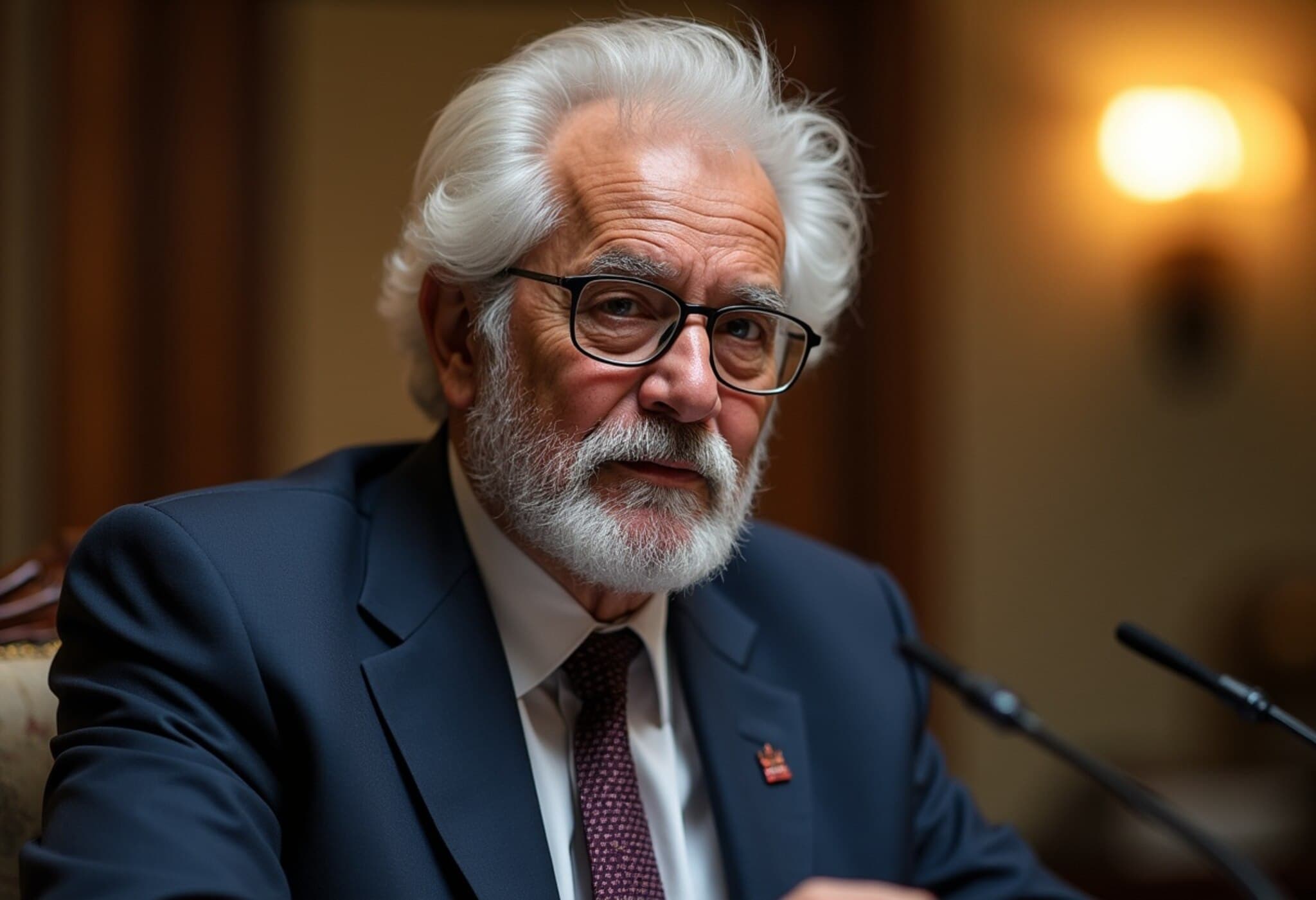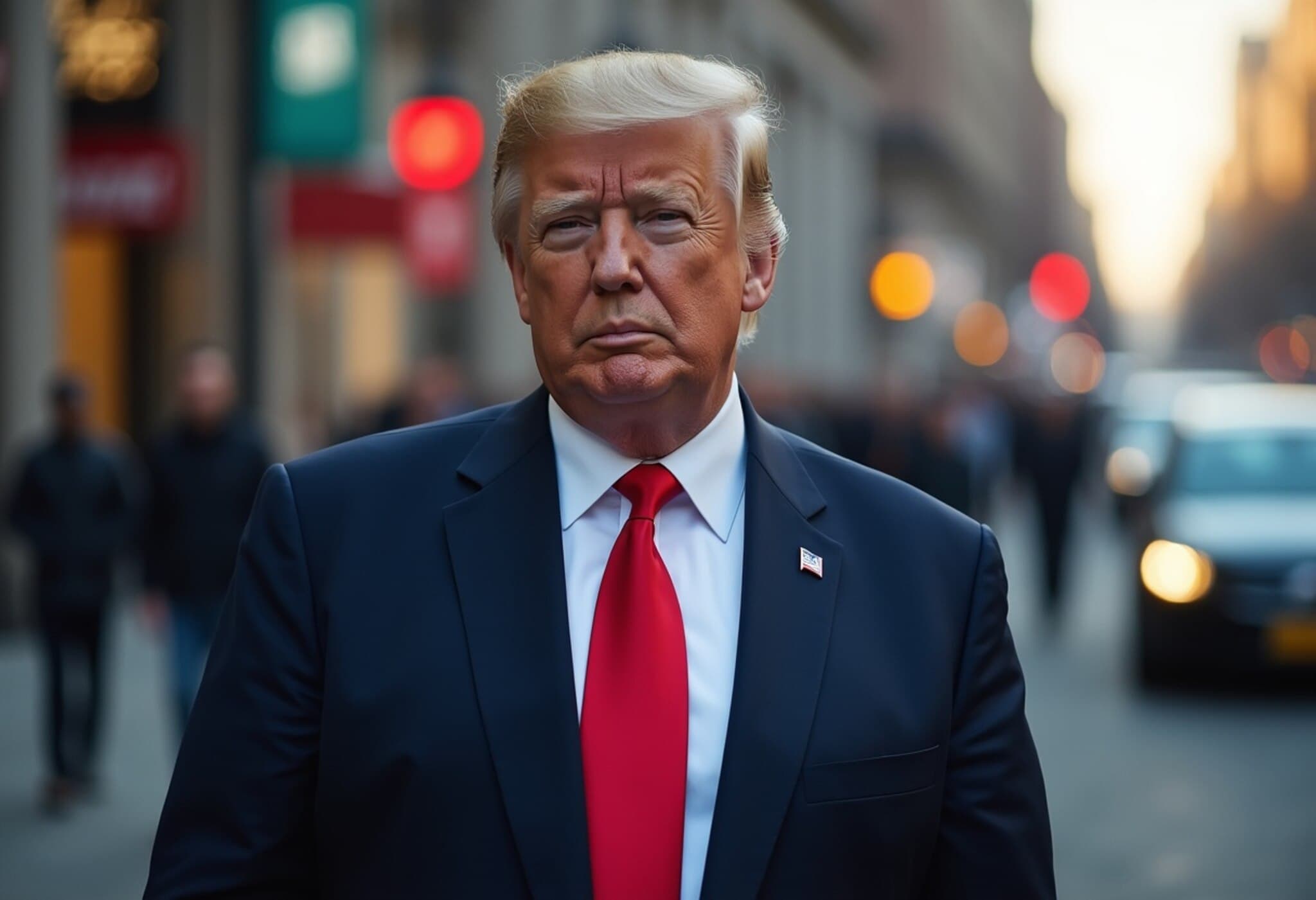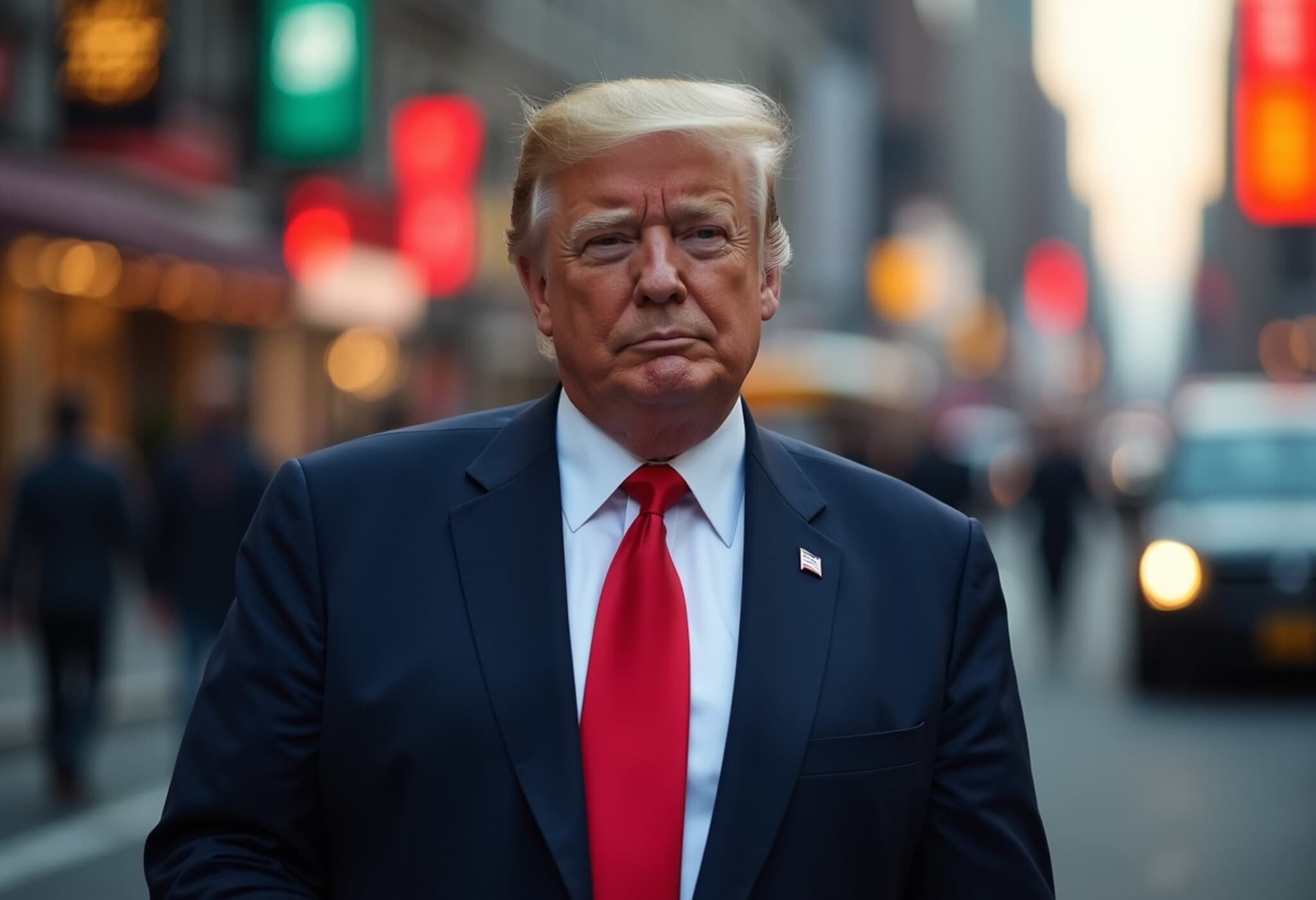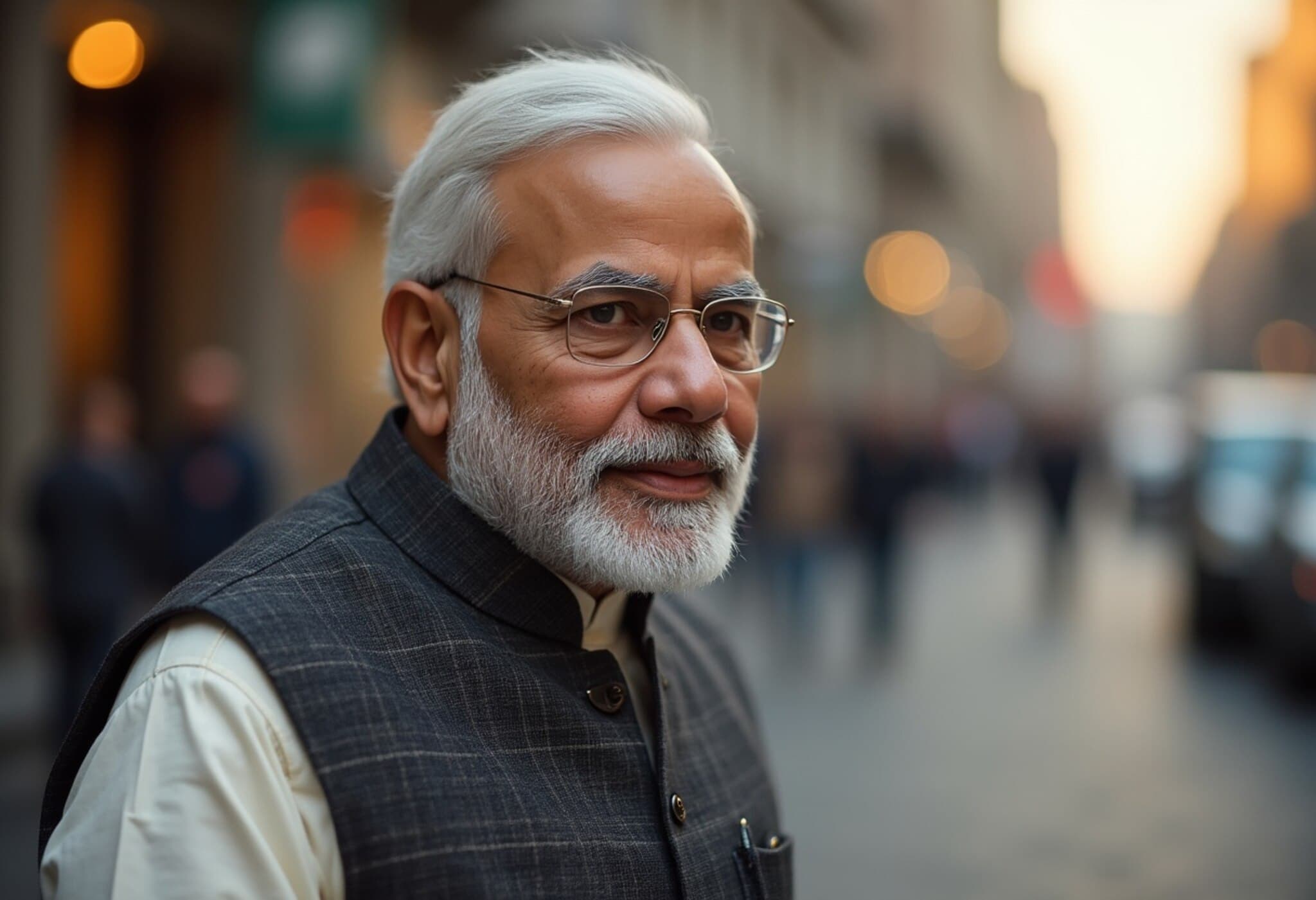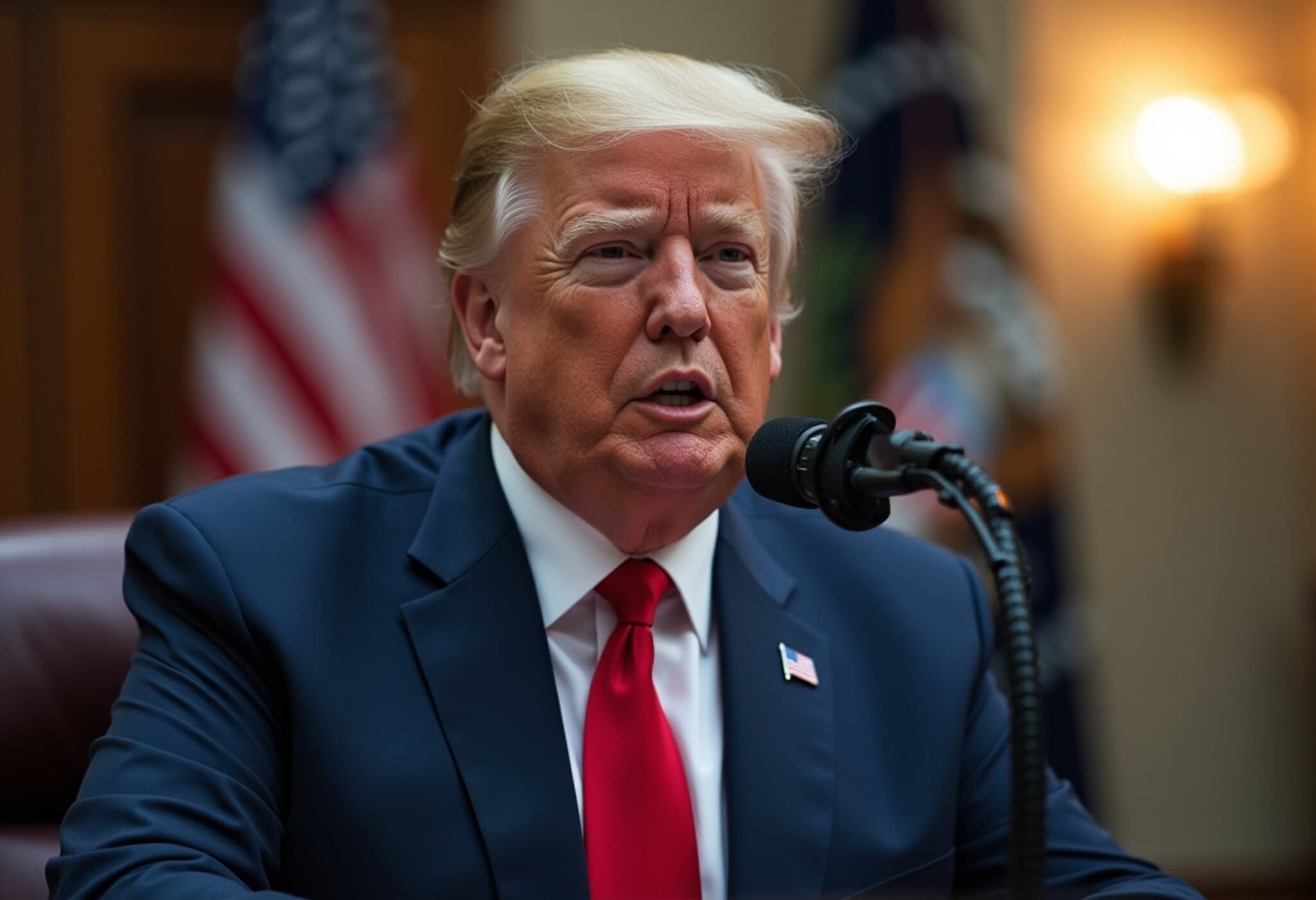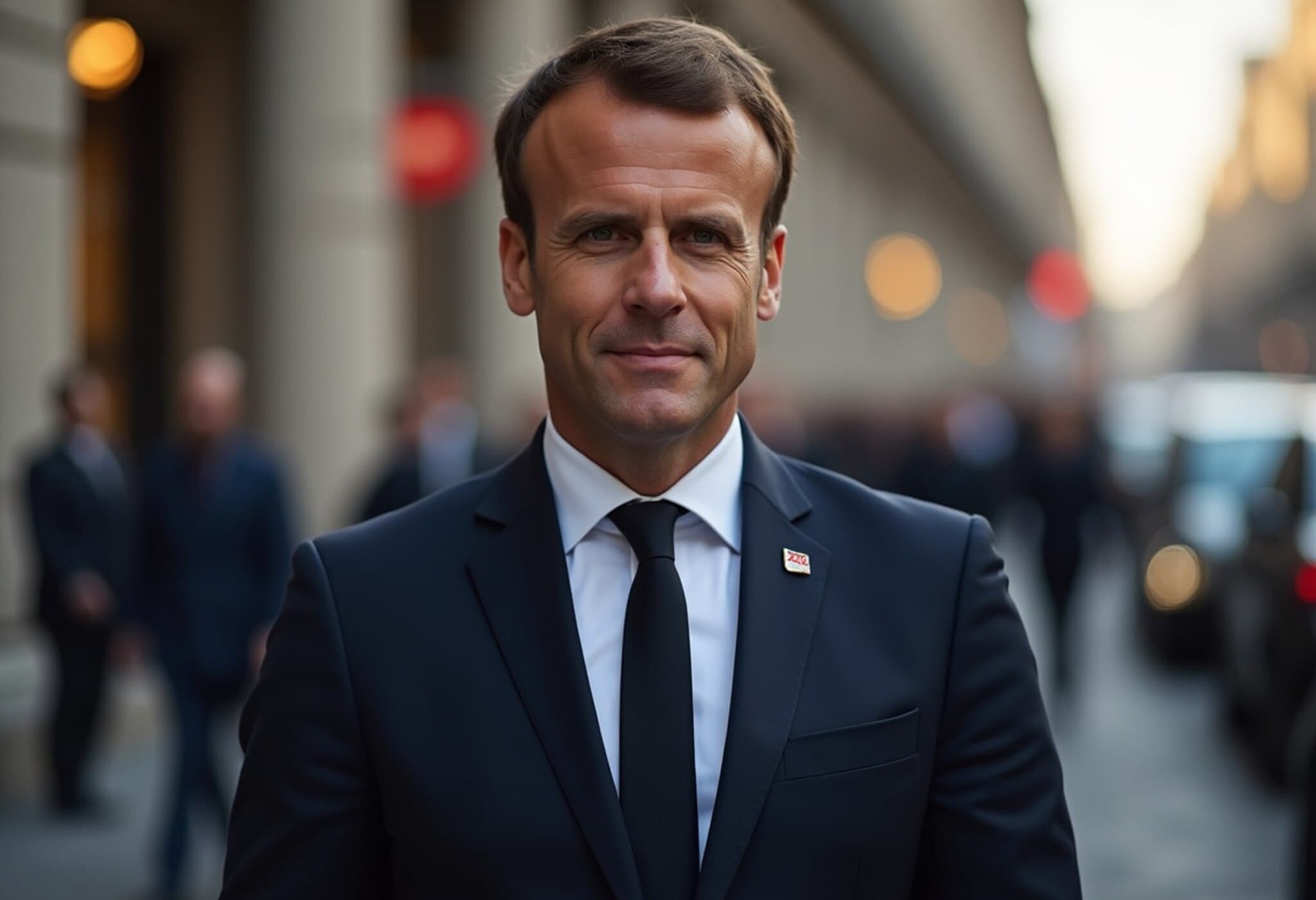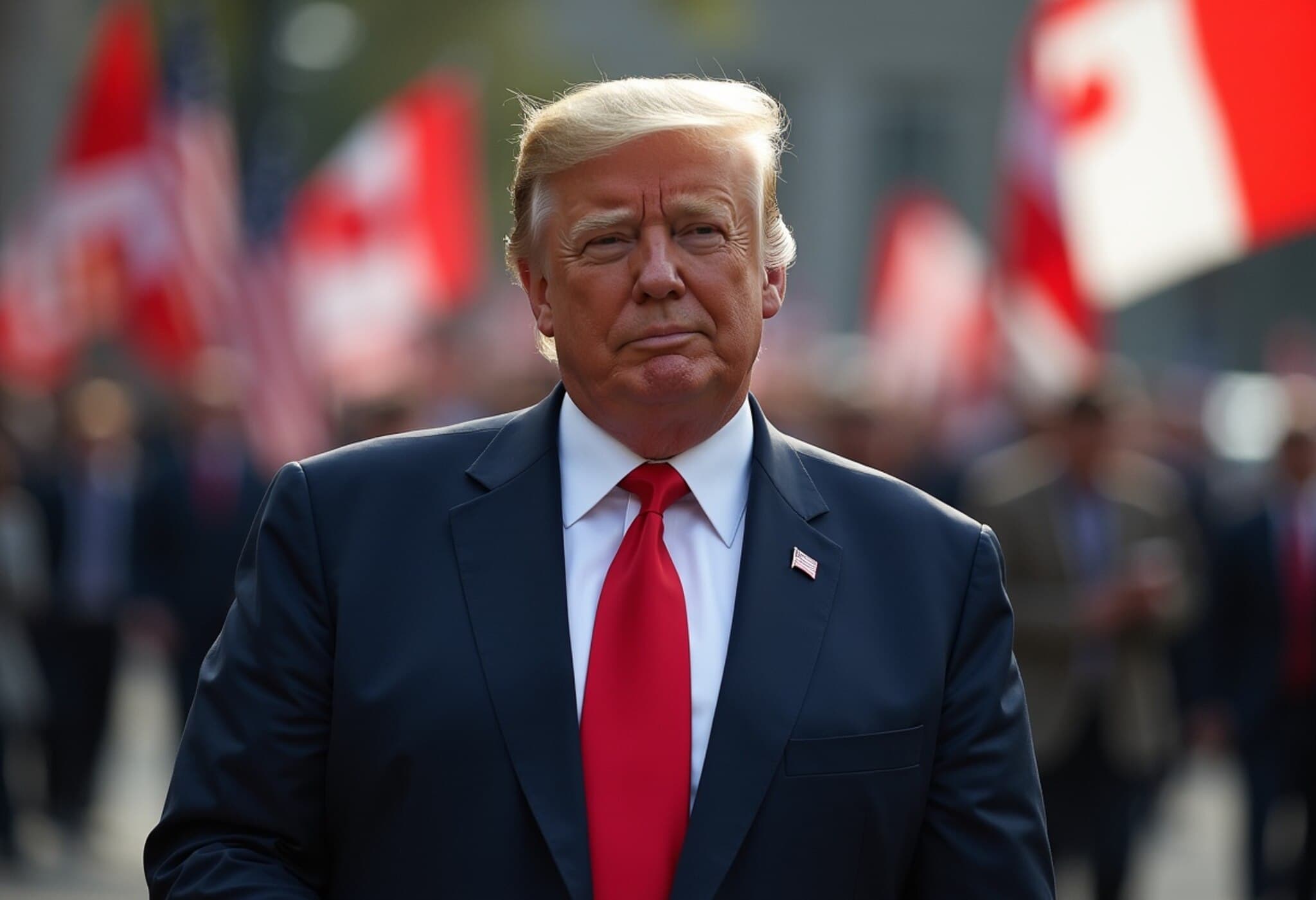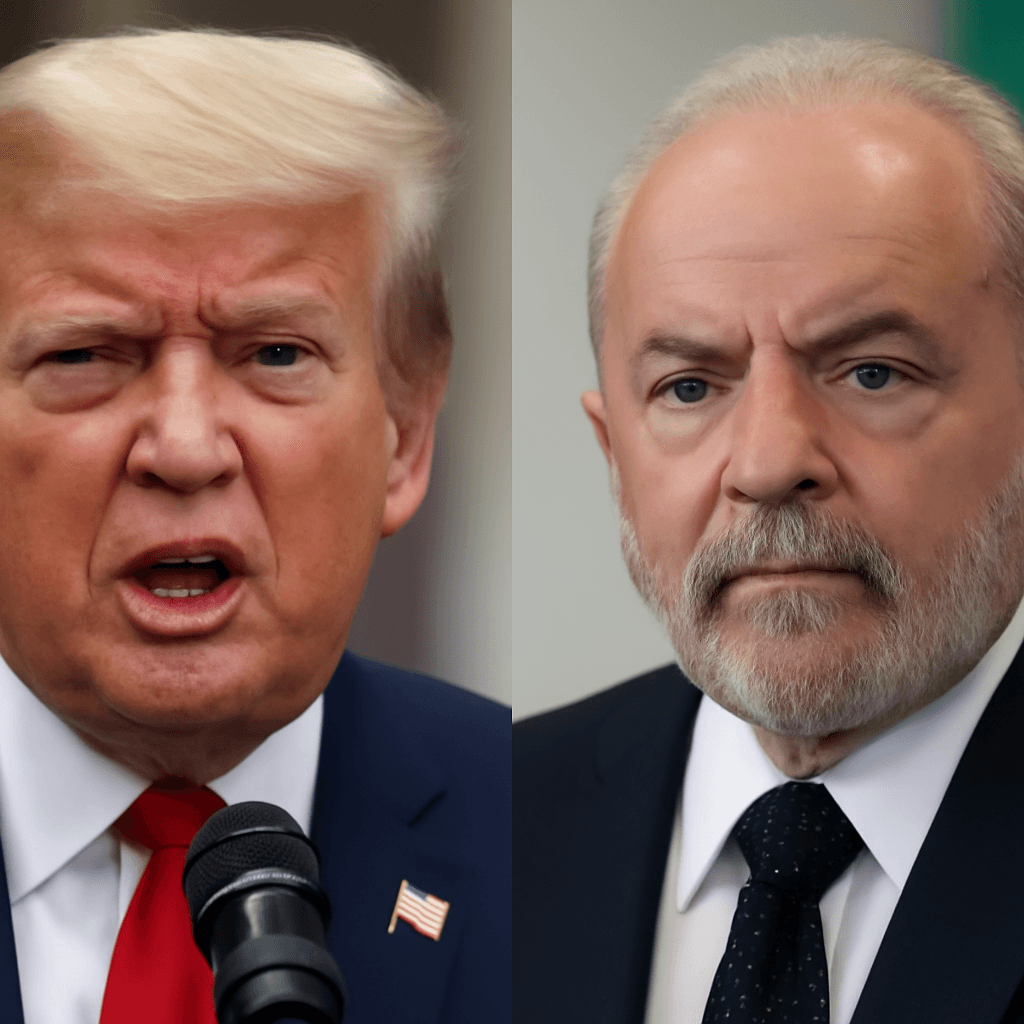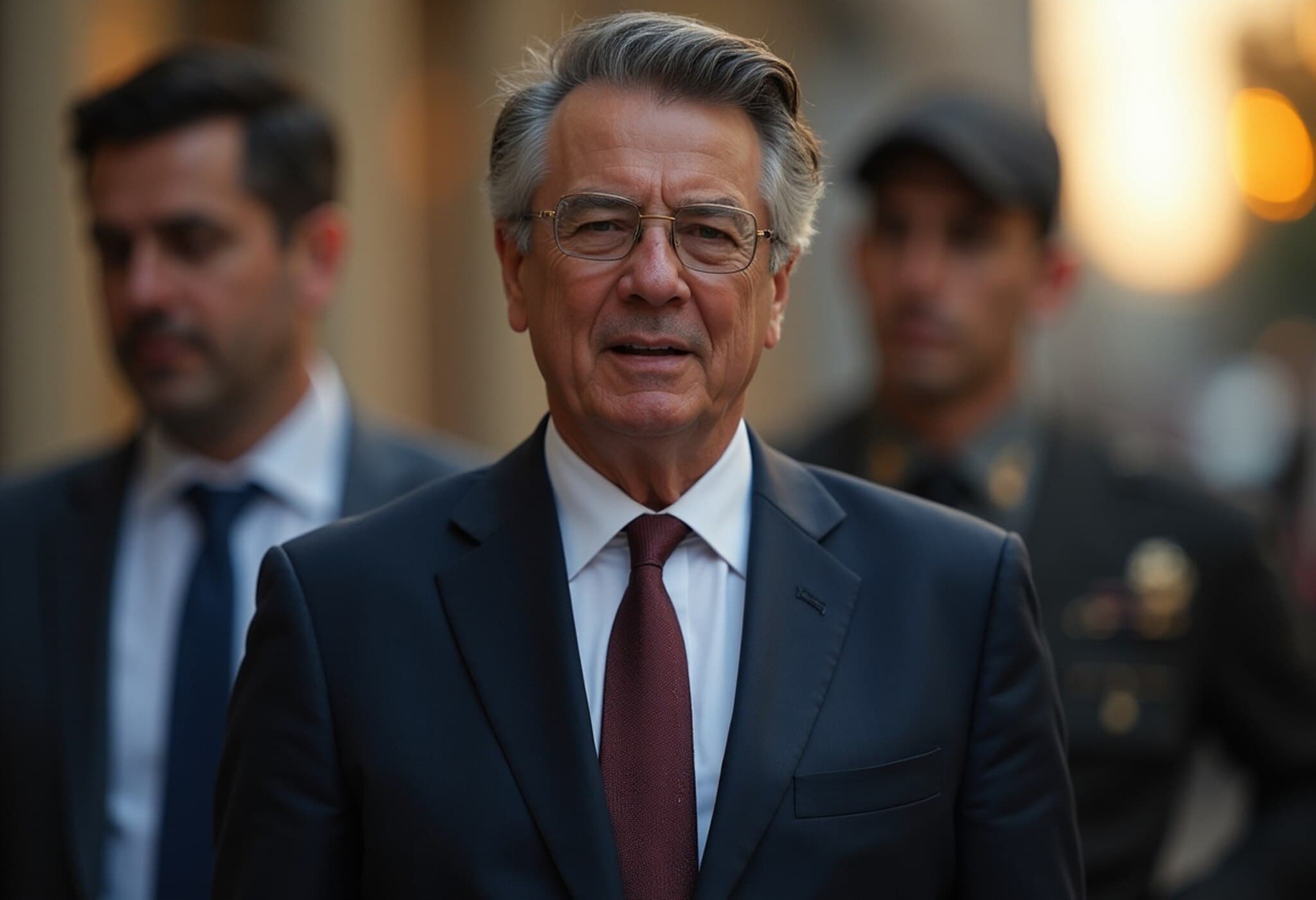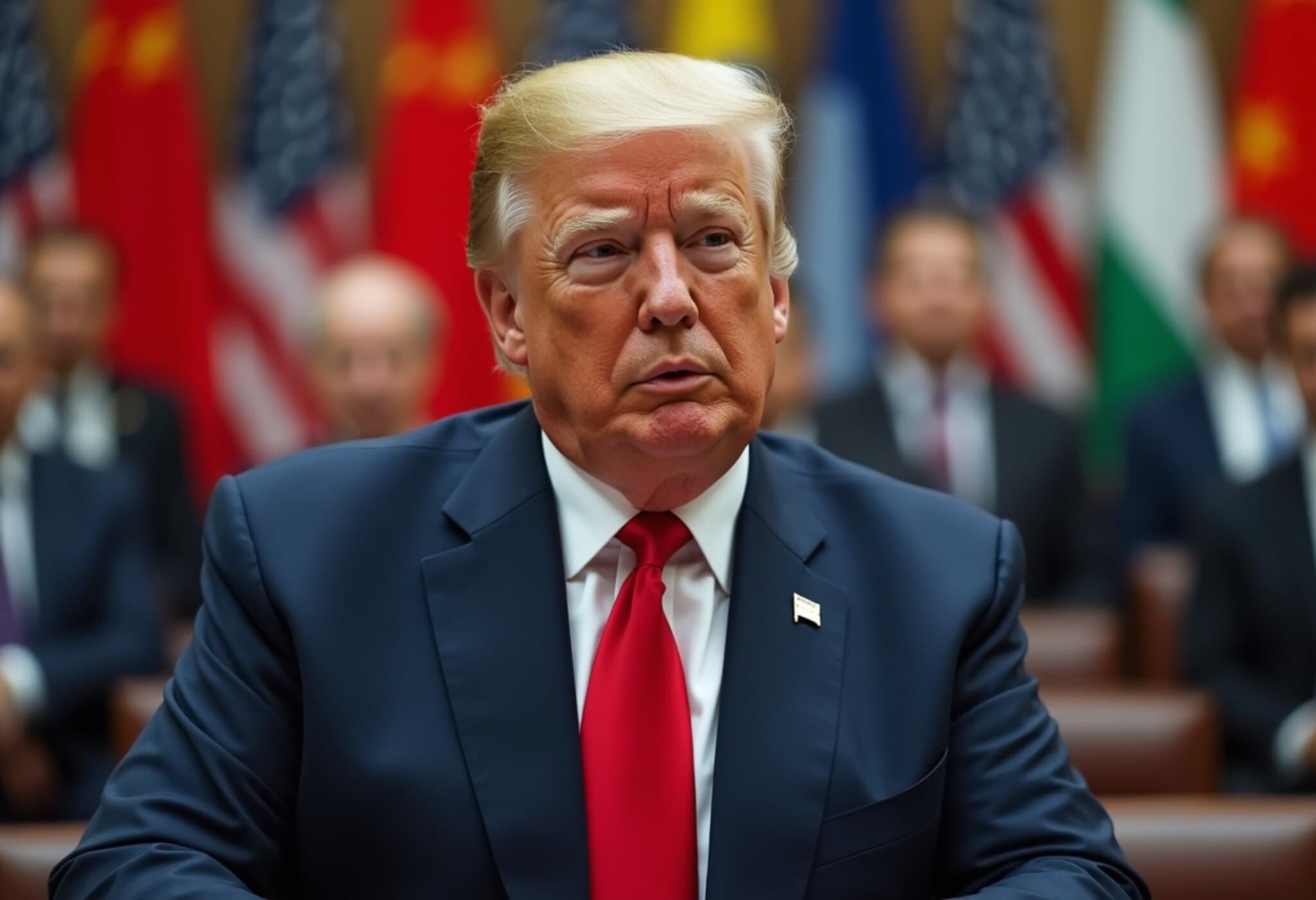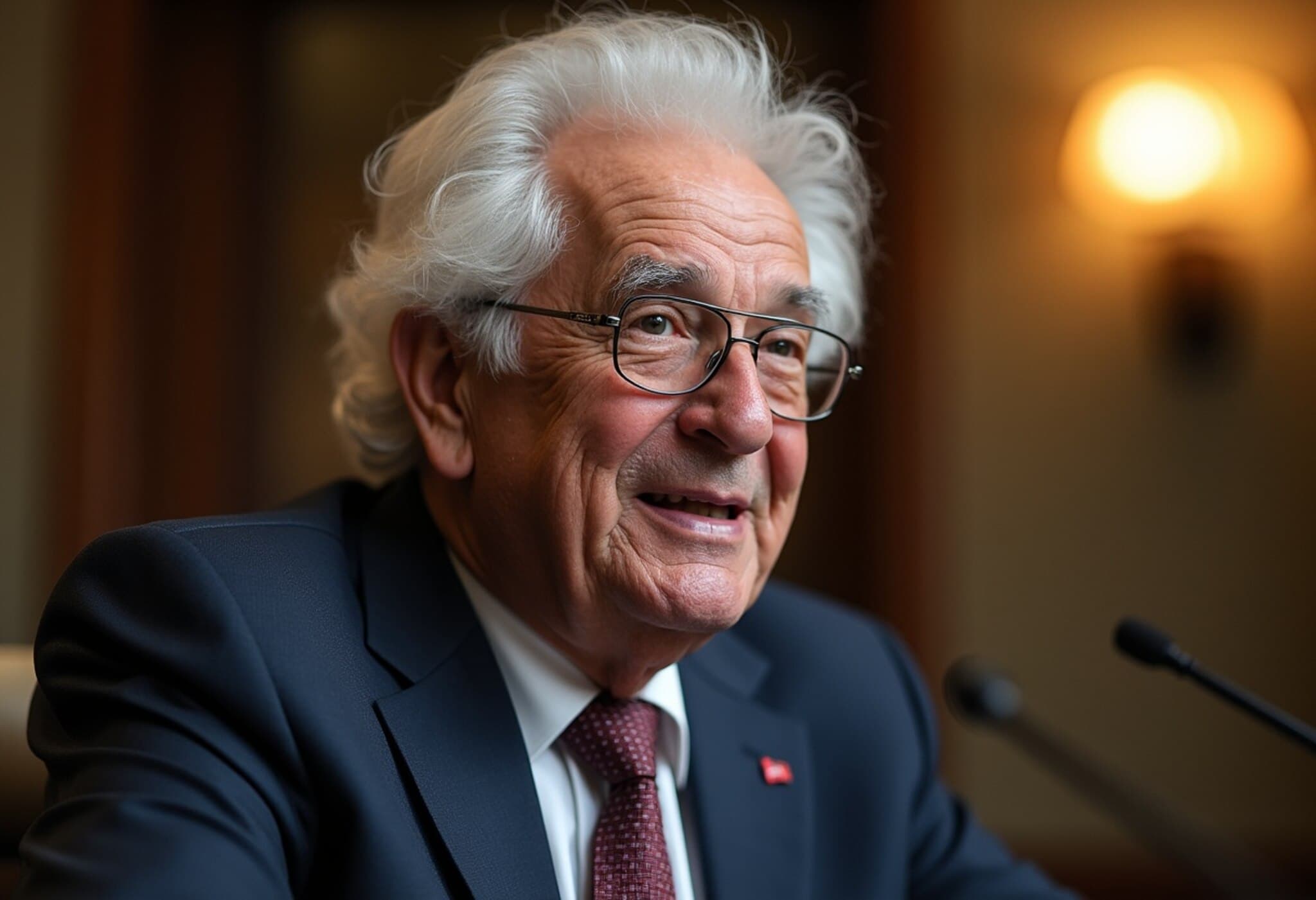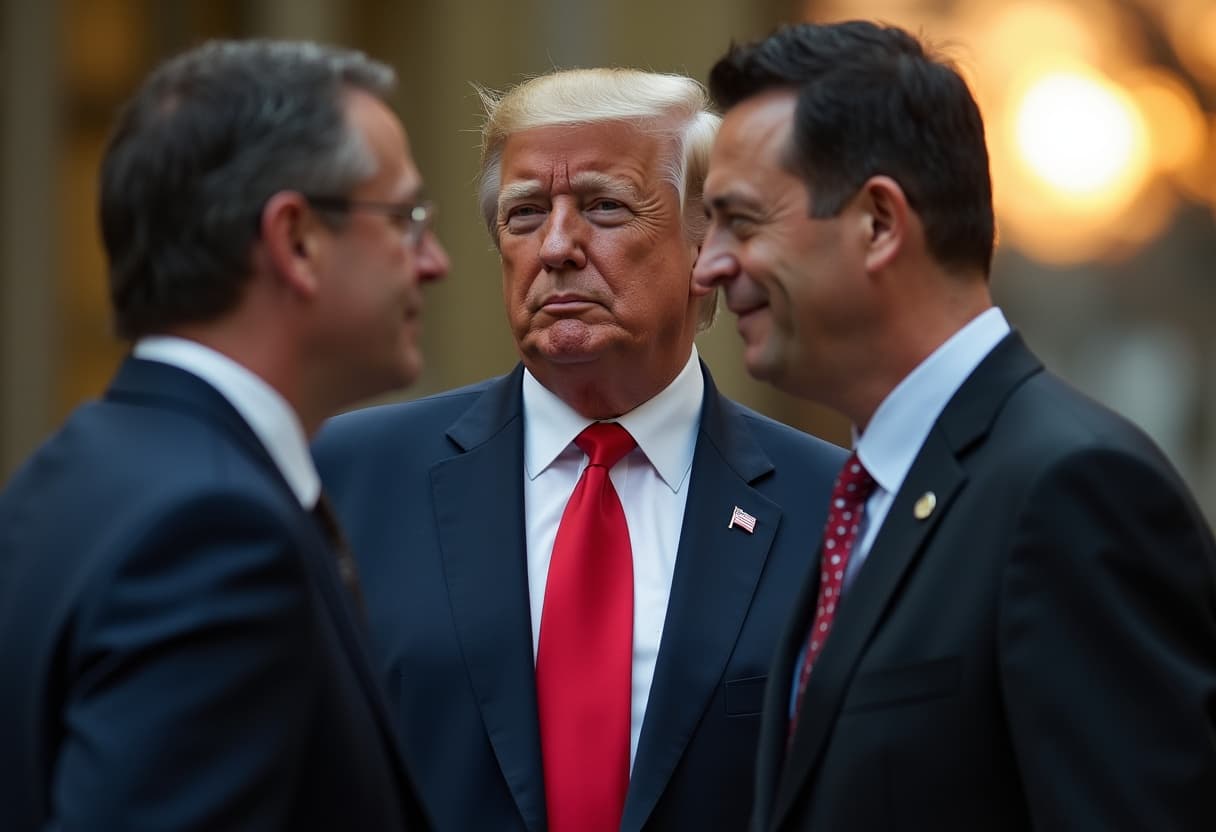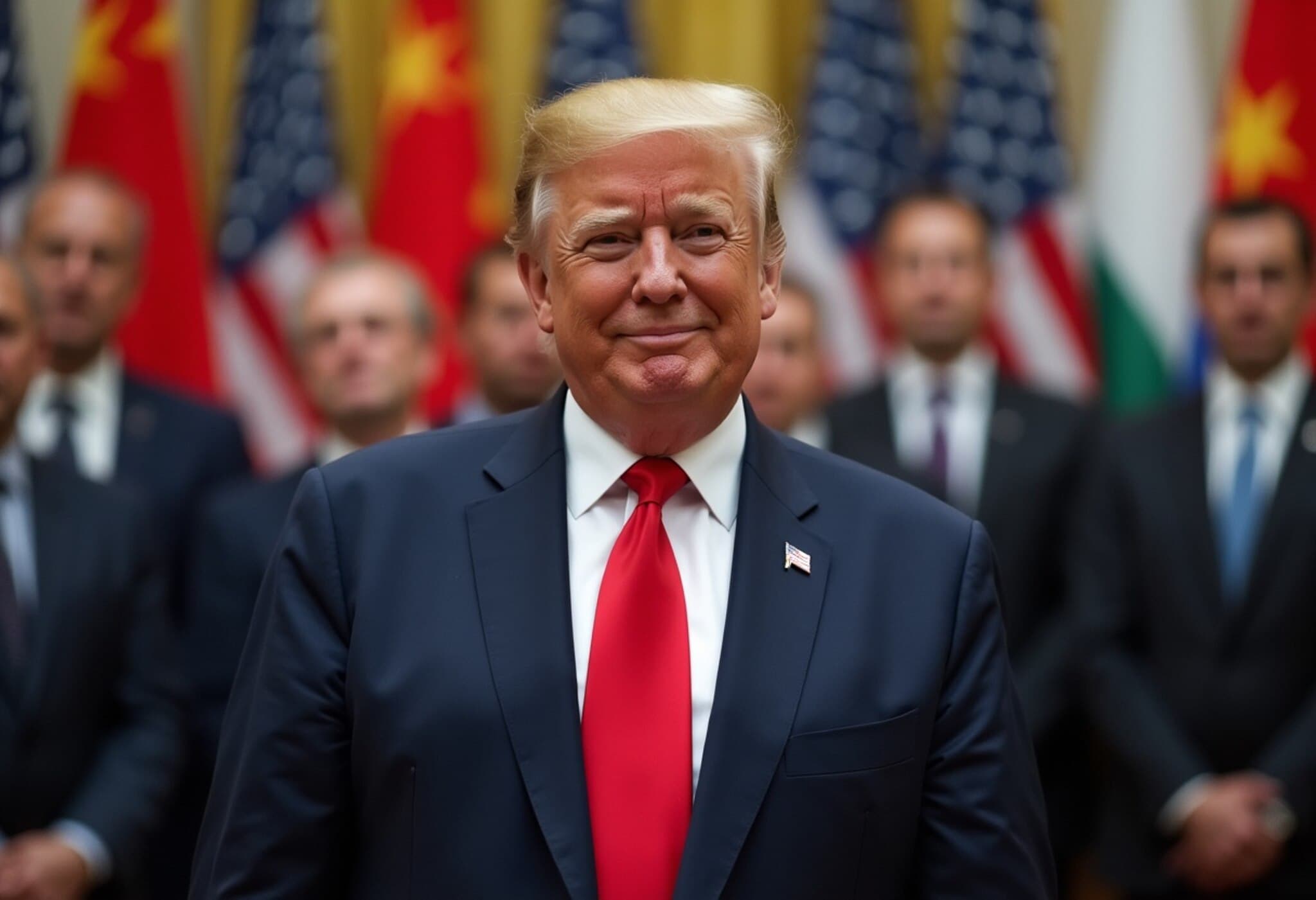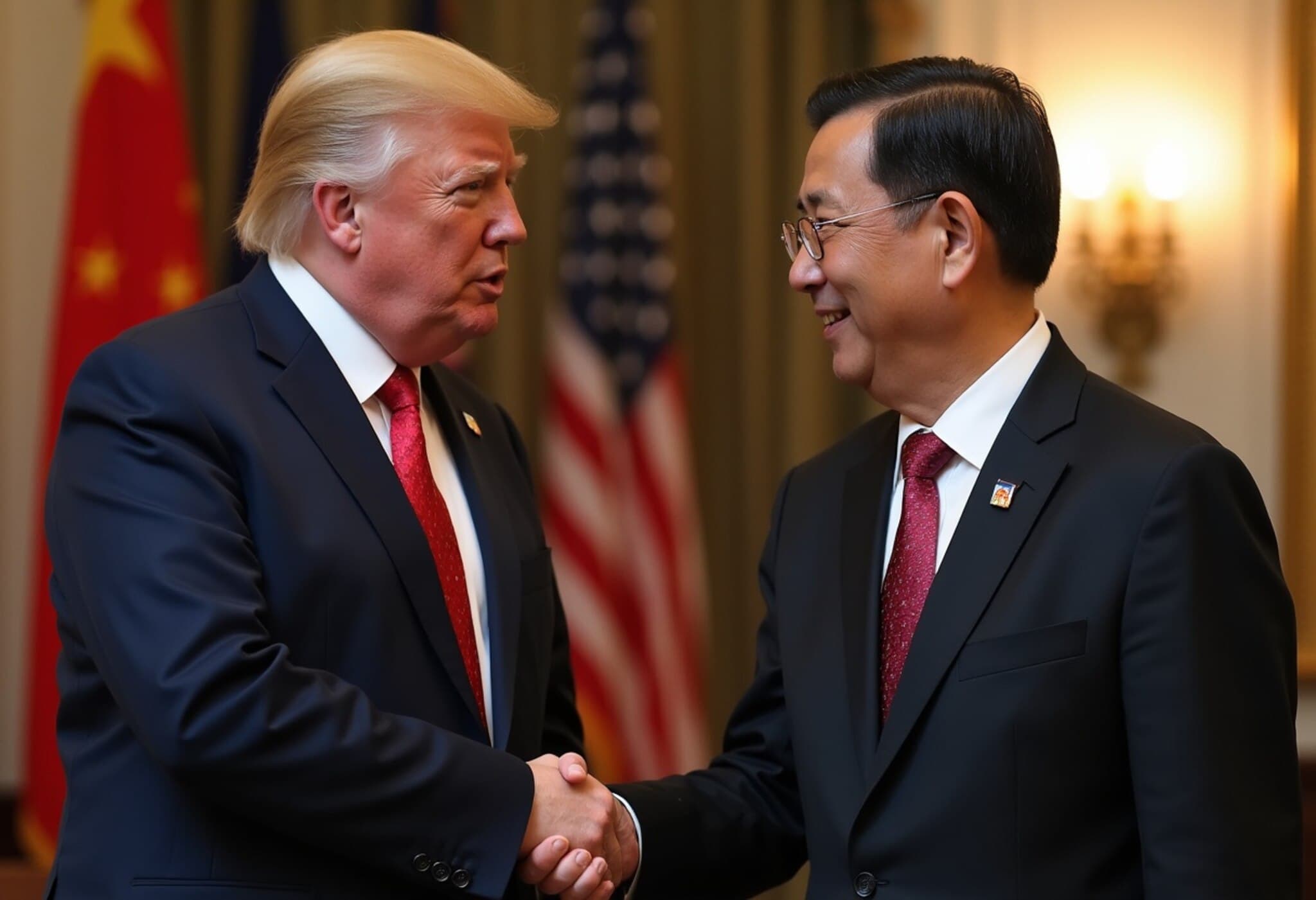Brazil Responds to Trump's Threatened Tariff Increase with Warning of Reciprocal Measures
In a bold escalation of trade tensions, Brazilian President Luiz Inácio Lula da Silva has issued a firm warning that Brazil will impose retaliatory tariffs on U.S. imports if President Donald Trump proceeds with a planned 50% tariff hike. This development follows Trump’s recent criticisms of Brazil’s ongoing criminal trial of former President Jair Bolsonaro, which Trump described as a "witch hunt." The standoff raises the stakes in an already strained economic and diplomatic relationship between the two countries.
Lula’s Stance: Reciprocity Law Ready to Activate
Earlier this year, Brazil enacted a new reciprocity law empowering the government to respond in kind to any tariff hikes by trading partners. Reflecting this, President Lula told Brazil’s TV Record, "If there’s no negotiation, the reciprocity law will be put to work. If he charges 50 from us, we will charge 50 from them. Respect is good. I like to offer mine and I like to receive it." His comments underscore a growing resolve in Brasília to defend national interests amid rising protectionist pressures from Washington.
The Origin of the Dispute: Trump's Tariff Threats and Bolsonaro’s Trial
Trump’s threatened tariffs stem from his denunciation of Brazil’s prosecution of Bolsonaro, who faces allegations of trying to subvert democratic processes following his 2022 electoral defeat. Bolsonaro and Trump’s ideological kinship has made the conflict notably personal and politically charged. The U.S. President first announced the intention to impose import tax hikes via a social media post and a letter threatening measures to start on August 1.
Lula’s administration has condemned the tariff threat as an unwarranted intrusion into Brazil’s judicial affairs and instructed diplomats to reject and return any physical correspondence from Trump if it arrives at Brazil’s presidential palace.
Trade Talks Put on Hold Amid Rising Tensions
Diplomatic sources disclosed to The Associated Press that bilateral trade negotiations—already shaky since earlier U.S. tariffs introduced in April—are now effectively on pause. Trump justified the tariffs by invoking the 1977 International Emergency Economic Powers Act, citing U.S. trade deficits as grounds for a national economic emergency. This reasoning is controversial because, in reality, the U.S. maintains a trade surplus with Brazil.
Geopolitical Undercurrents: Brazil’s Rising Global Influence
Underlying this tariff tussle is Brazil’s growing stature on the international stage — particularly its active participation in BRICS and its advocacy for reduced reliance on the U.S. dollar in global trade. These moves have unsettled Washington, fueling speculation that the tariff threats may be aimed at curbing Brazil’s shifting alliances and economic independence.
Legal and Economic Ramifications
- The U.S. Court of International Trade recently ruled that Trump had exceeded his authority when he declared an economic emergency to justify tariffs without Congressional approval, signaling potential legal challenges ahead.
- American businesses have responded by stockpiling goods in anticipation of costlier imports, but this is a temporary buffer. As inventories thin, consumers may soon confront the true cost of tariffs through rising prices.
- For Brazil, retaliatory tariffs risk escalating trade barriers that could disrupt supply chains and strategic partnerships vital to both economies.
Expert Perspective: A Delicate Balancing Act
Economic and trade policy experts note that this episode reflects a broader trend of rising protectionism and geopolitical rivalry influencing global commerce. The potential for tit-for-tat tariffs threatens to undermine decades of progress toward free trade and economic integration.
Dr. Maria Fernandez, a trade policy analyst at the Center for International Economics, comments, "Brazil's invocation of its reciprocity law is a signal that emerging economies are prepared to stand firm against unilateral tariff actions. This could set a precedent in global trade relations, particularly as countries seek to diversify away from traditional Western economic dominance."
What Lies Ahead?
With the August 1 deadline looming, the world watches closely. Will Washington and Brasília seek common ground, or are we witnessing a deepening trade conflict shaped by political posturing and broader geopolitical change? The answer may influence not just bilateral relations but also the fragile architecture of global trade in the coming years.
Editor’s Note
This evolving dispute raises critical questions about the balance between national sovereignty, democratic processes, and international economic diplomacy. It challenges us to consider how emerging powers like Brazil navigate their growing influence amid traditional superpowers' assertive economic policies. As tariffs threaten to impact consumers on both sides, the stakes have never been higher—for governments, businesses, and everyday people alike.

